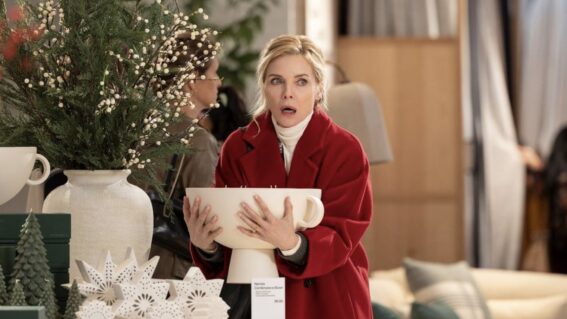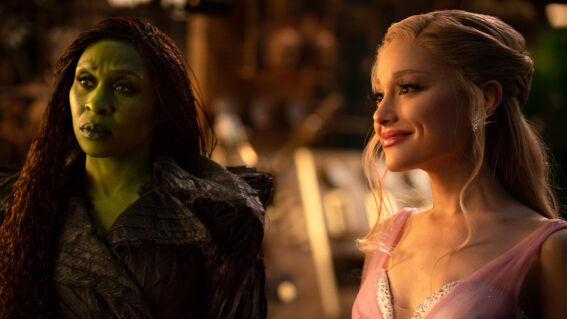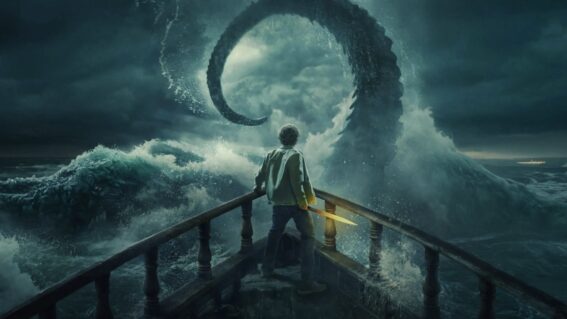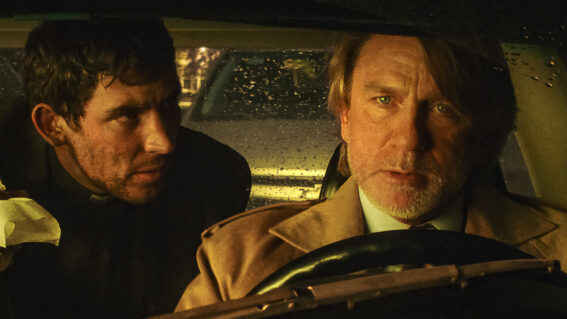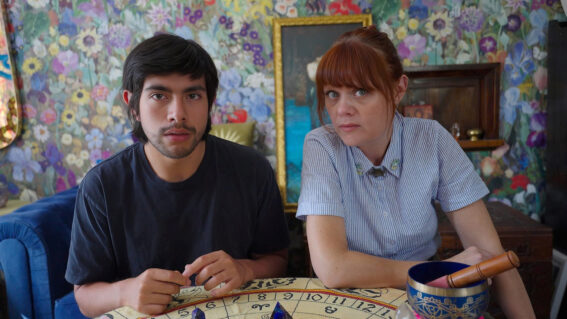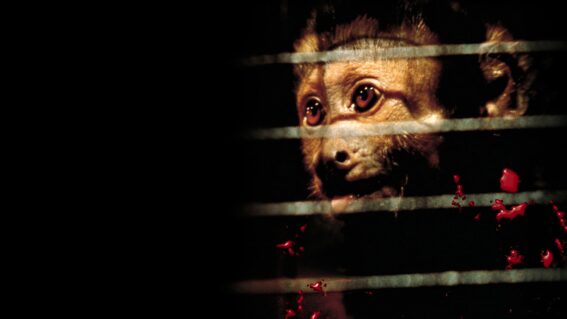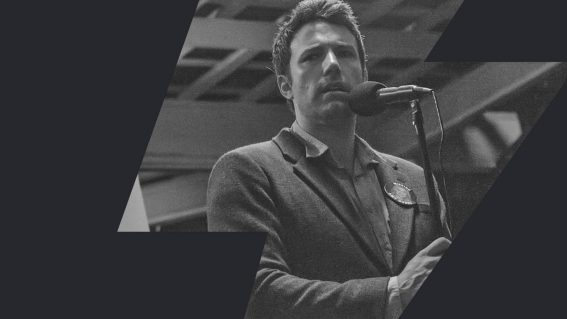The Bear reaches a profound understanding of what it’s trying to achieve
Everyone in season four of The Bear swears they have changed – and the show, too, dares to imagine better lives for its characters.
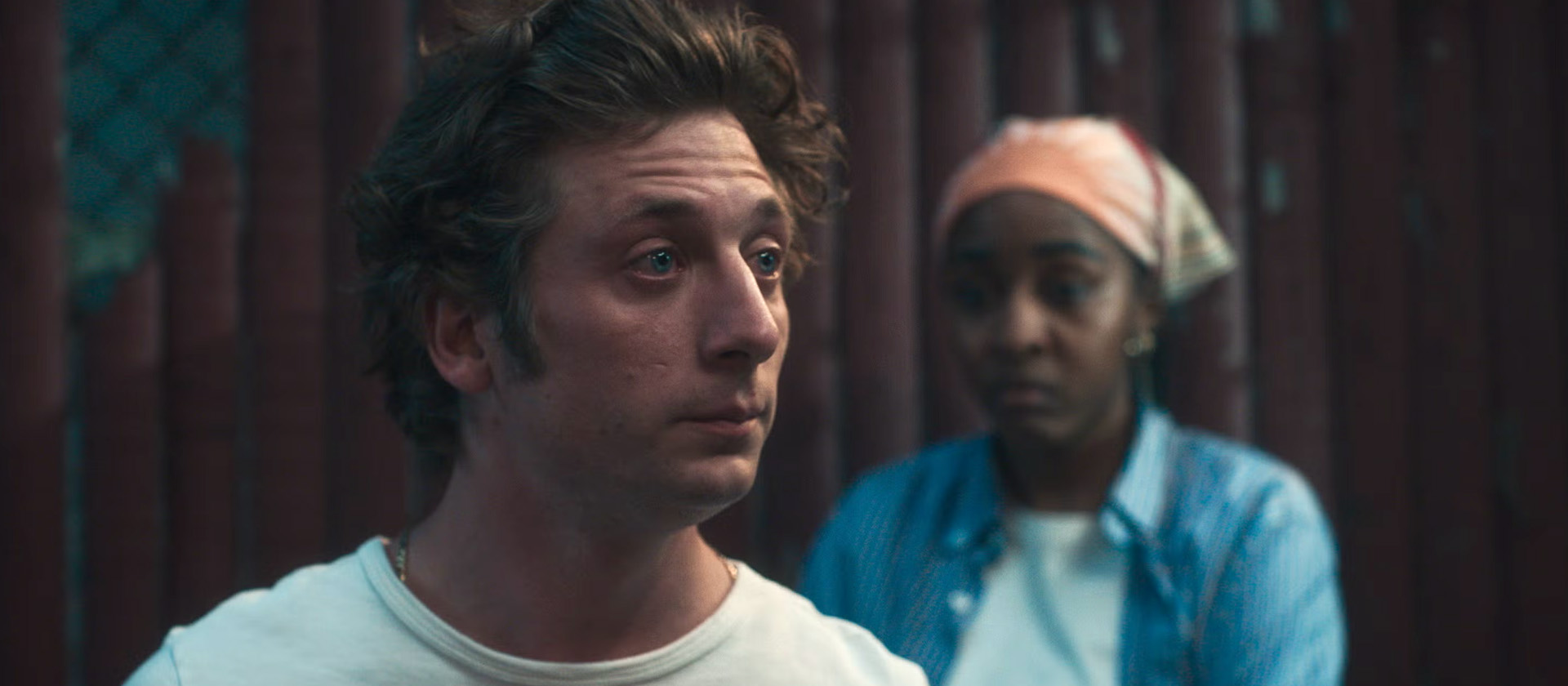
Audiences turned on The Bear last season. All those little hits of “yes, chef!” and “corner!” had lost their potency, sucked into the deep, dark, emotional chasm that is hospitality work. Audiences said The Bear had lost its momentum. Audiences said The Bear was no more fun. Audiences said The Bear had disappeared up its own ass. In some cases, critics agreed. I, for the record, did not. What does a show do now that only the faithful remain?
Season four has returned with minimal fanfare beyond the scope of people’s individual algorithms. That doesn’t give me the greatest hope for creator Christopher Storer’s future with the series. The new episodes kick off with the restaurant’s primary backer, Uncle Jimmy (Oliver Platt), slamming a timer down on the kitchen counter that lets the team know exactly how many days are left until he’s forced to pull his investment and cease operations. How ironic. It’s set to 60 days, or 1,440 hours.
Carmy (Jeremy Allen White), a man built from nothing but lean muscle and emotional repression, is out on his official apology tour. When The Bear receives a mixed review from The Tribune (the word “dissonance” lands the killer blow), he’s desperate to take the blame. But so is maître d’hôtel Richie (Ebon Moss-Bachrach), who’s also on a self-improvement streak. They have a screaming match about who deserves to be the sacrificial lamb.
Everyone in The Bear swears they’ve changed. They don’t want the chaos anymore, and could do without the relentless pressure. And, yet, ironically, it’s the season with the literal ticking time bomb in the corner that finally sees this pack of self-flagellators achieve some real growth and finally take accountability as the authors of their own unhappiness. And, also ironically, it’s at a point when it seems like the culture has turned against The Bear (it’s worth noting seasons three and four were shot back-to-back, so this is all a coincidence), that the show has reached its most profound understanding of what it’s trying to achieve.
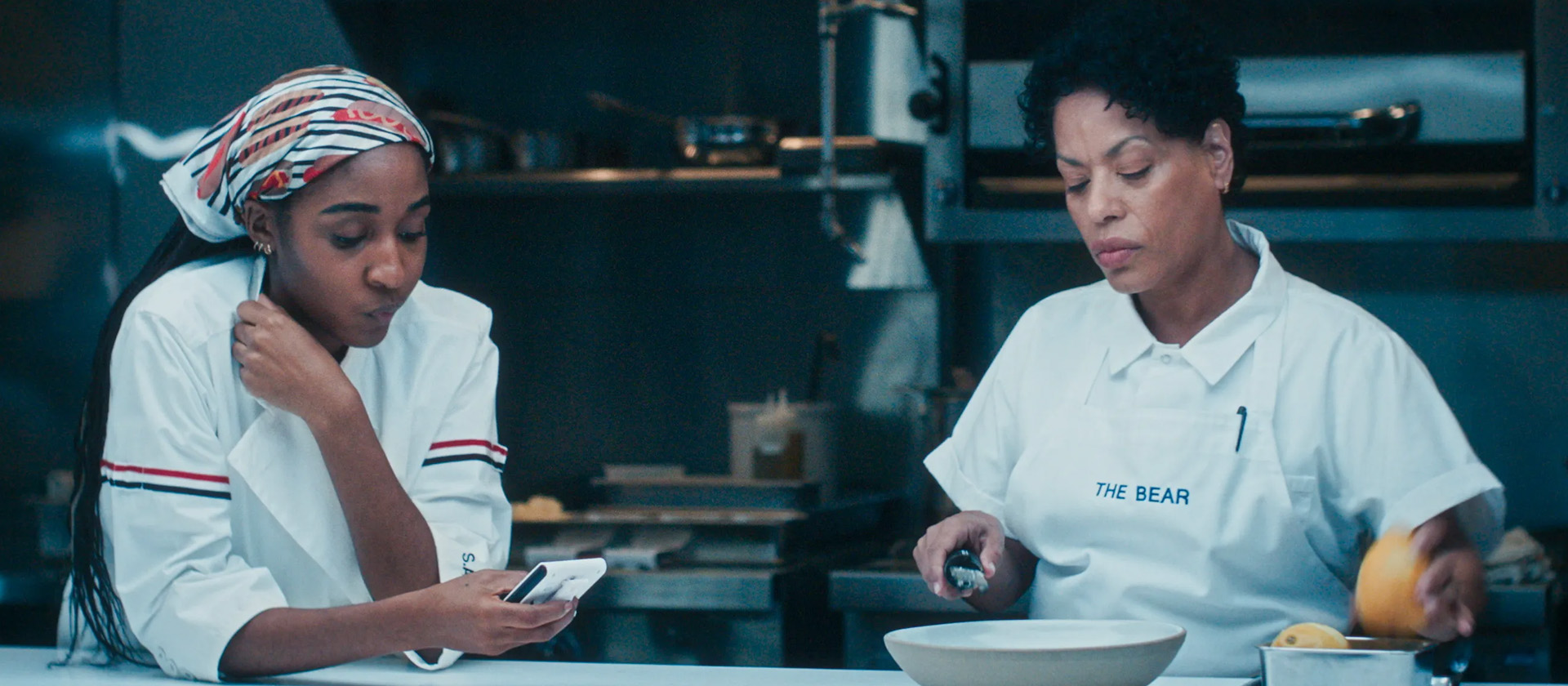
The Bear is, certainly, about the chase for perfection. It’s about raw talent gnawing at the restraints of human fallibility. But it is, above all, a show about family—about how the bonds forged by blood are not the same as those we actively choose for ourselves, and how we’re not always the most adept at keeping the two separated in our minds. Syd (Ayo Edebiri) is struggling. Objectively, what rival chef Adam Shapiro is offering her is a better deal than what she gets now, yet she can’t shake the feeling that leaving The Bear would be like disowning her own kin.
Is that a blessing or a curse? The Bear gets right into the weeds of it. After all, a good restaurant offers some performance of the family. To make food for another is an expression of love, even if it’s for a stranger. As Carmy tell his now-deceased brother Mikey (Jon Bernthal) in flashback, at a restaurant, “we could take care of people”. In that scene, he’s dreaming of how opening a place together could heal their own family’s wounds.
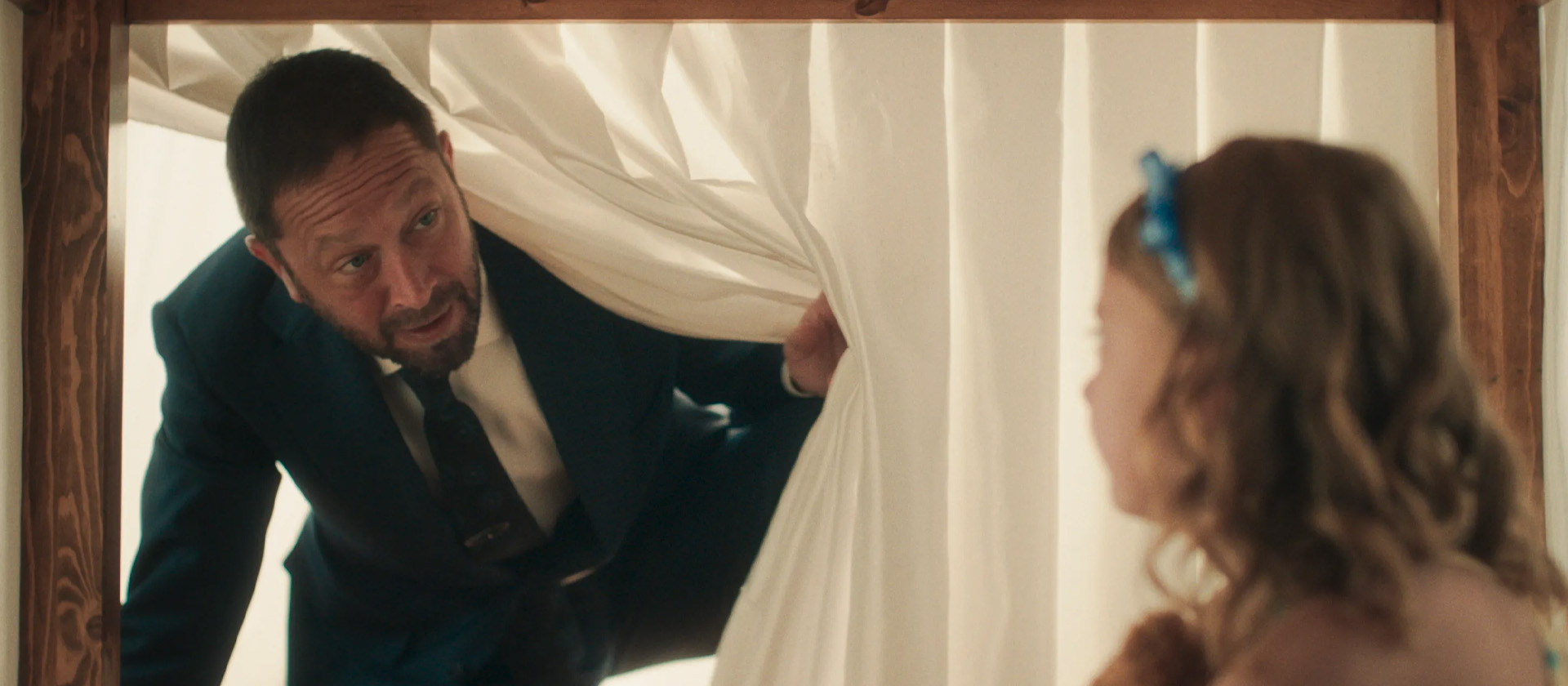
It’s a sentiment that’s beautifully reflected in Richie’s two-pronged character development this season. He’s opening his heart in all kinds of directions, understanding that there’s joy in his work that extends beyond critical achievement, but to that same performance of love he can offer guests on a nightly basis. But he’s also able to reconfigure what family means in his own life, in a way that brings him closer to his ex-wife Tiff (Gillian Jacobs) and her fiancé Frank (Josh Hartnett). Yes, maybe all those emotions get confused sometimes, but there’s beauty in the mess.
And, I’ll admit, it felt a little too on the nose when Claire (Molly Gordon) tells Carmy, “It’s loud for everyone… I wish you’d let me in on the noise a little more.” But she has a point. Tina (Liza Colón-Zayas) might be driving herself to madness trying to cut down the cooking time on her pasta entrée and Ebraheim’s (Edwin Lee Gibson) endless spreadsheets for the sandwich business are starting to look more like an obsession than studiousness—but, still, people do need to live in between those moments, in between the cacophony. And season four of The Bear dares to imagine that, with a little work, people might even be able to live well.









